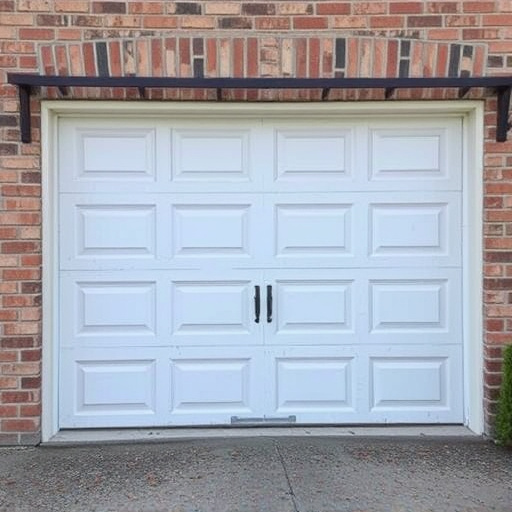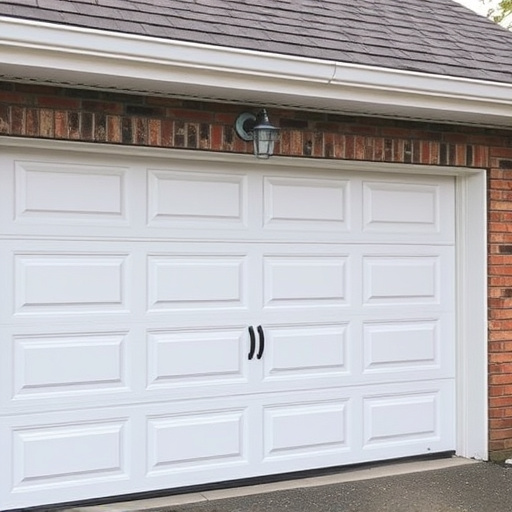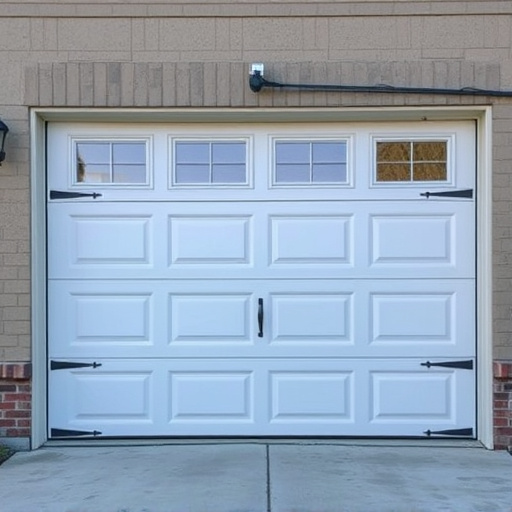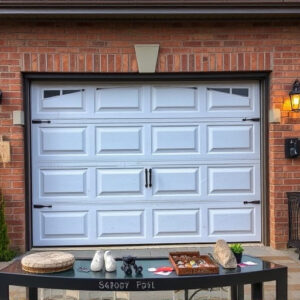Grinding garage door noises often signal worn tracks, rollers, hinges, or springs. Regular lubrication and part replacement prevent future issues. In Marana or Catalina, misaligned tracks cause grating sounds; adjust or replace them. Don't ignore persistent noises; contact professionals like Garage Door Spring Replacement for tune-ups. Conduct routine inspections, replace worn parts, and lubricate to ensure quiet door operation.
Tired of that annoying grinding sound from your garage door? You’re not alone. Understanding common noise sources is the first step in silencing your garage. This article serves as a comprehensive guide to diagnosing and addressing those pesky, high-pitched grinds, helping you replace worn parts and restore quiet operation. We’ll walk you through troubleshooting, part replacement, and preventative maintenance tips, so you can say goodbye to that grinding noise once and for all.
- Identifying Common Grinding Noise Sources
- Troubleshooting and Replacing Worn Components
- Preventive Maintenance Tips for Quiet Operation
Identifying Common Grinding Noise Sources

Why is my garage door making grinding noises? Grinding and squeaking sounds from your garage door are often an indication that specific parts have worn out or need lubrication. Common sources of this noise include the tracks, roller bearings, hinges, and especially the garage door opener itself. In Marana, if you’re dealing with a noisy garage door opener, solutions like regular lubrication and replacement of worn components can effectively stop the grinding. The grating metal sound in Catalina might be due to misaligned tracks or damaged rollers, which can be addressed by adjusting the tracks or replacing the roller assembly.
Don’t ignore these sounds as they could signal more serious issues down the line. If you’re unsure about how to fix the problem yourself, give us a call at Garage door spring replacement for professional assistance. Regular maintenance, including lubricating moving parts and tightening connections, can also help prevent future grinding noises and ensure your garage door operates smoothly.
Troubleshooting and Replacing Worn Components

Many homeowners wonder, why is my garage door making grinding noises? The most common culprit behind this annoying sound is worn components within the door’s mechanism. Over time, parts like roller axles, hinges, or the tension springs can weaken and start to show signs of wear, leading to squeaking, grating, or grinding noises. Regular garage door maintenance for quieter operation is key in preventing these issues.
Troubleshooting is often the first step before considering replacement. Check all moving parts for loose connections or damage. A wobbly garage door repair, for instance, may simply require tightening hinges or replacing worn rollers. If the noise persists, it’s time to consult a local garage door service for squeaks in Phoenix or Sahuarita. Experts can assess the condition of each component and recommend the best course of action, which might include finding us at Reliable garage door tune-ups for a comprehensive check-up and any necessary replacements.
Preventive Maintenance Tips for Quiet Operation

Regular preventive maintenance is key to keeping your garage door running smoothly and quietly. One common reason for grinding noises is worn parts, specifically along the track alignment in Marana. Over time, the metal tracks can become misaligned or damaged, causing friction with the door’s rollers. This wear and tear leads to that pesky grinding sound, which not only disturbs your peace but also indicates a potential safety hazard.
To prevent or address this issue, consider regular inspections and replacement of worn out garage door parts in Catalina. Check for any loose or bent tracks and realign them as needed. Additionally, lubricating the track and rollers can reduce friction and noise. If you’re unsure about how to perform these tasks, visit us at Budget-friendly garage door fixes for professional assistance. Regular care will not only keep your door quiet but also extend its lifespan, saving you from costly repairs in the long run.
Grinding garage door noise can be a common issue, often stemming from worn parts. By identifying problem areas and troubleshooting effectively, homeowners can quiet their doors and prevent further damage. Regular maintenance, including replacing worn components as needed, ensures smooth operation and avoids the hassle of unexpected breakdowns. Addressing why your garage door makes grinding noises is key to maintaining a quiet, efficient, and safe garage environment.
